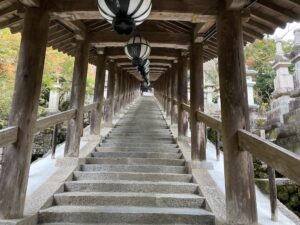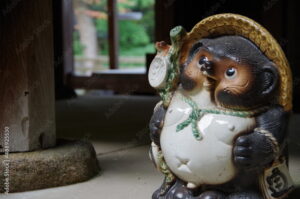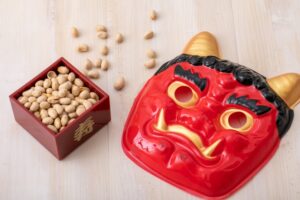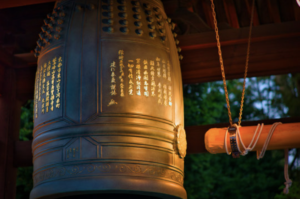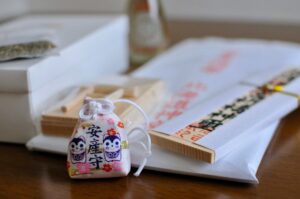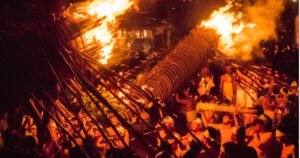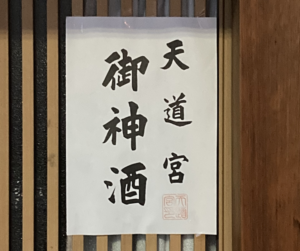Why do people in Japan clean in the freezing December?
To welcome the Gods of the New Year in a good mood.
Since ancient times, it has been believed in Japan that on New Year’s Day, a god would come and bring happiness to the households for the year ahead. Ancestral spirits become gods of rice paddies and mountains. At New Year’s, they are said to become New Year’s gods to watch over the prosperity of their descendants, and in the spring, they are said to descend to the fields to watch over the farming of the fields.
The deity that comes in the New Year is called by various names, such as “Toshigami (New Year God),” “Oshogatsu-sama ,” “Toshitokujin “.
In order not to be disrespectful to the Gods who bring happiness to our homes in the New Year, the custom of cleaning up and removing the year’s dirt and bad luck is called “O-soji (cleaning up)” in December.
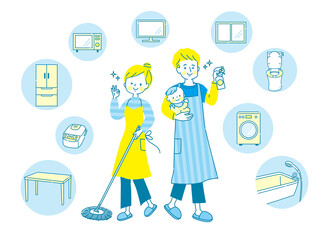
Origin of December Cleaning
It is said that December cleaning began as a court ritual in the Heian period (794-1185).
Since firewood was used for cooking and other purposes in those days, soot would accumulate and become dirty, and in December, soot was removed and cleaned for the year, hence the name “Sozubairi” (“Soot Clearing”).
In the Edo period (1603-1867), the cleaning of Edo Castle was held on December 13 of the lunar calendar. Later, common people also began to start cleaning their respective homes in December.
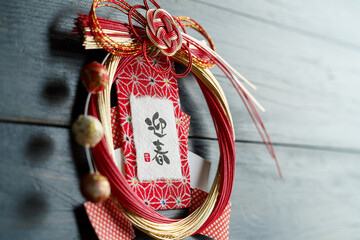
Is a household cleanup different from a regular cleaning?
We throw away things we no longer use, tidy up our rooms, wipe down windows, and clean the bath, toilet, and kitchen. We clean all the places we usually do not clean, and clean them more than usual. Then we put up New Year’s decorations to welcome the gods.
Therefore, in November, there are many commercials on TV and the Internet advertising cleaning products and detergents in preparation for the December cleaning season. Cleaning services are also popular.
When do people do the December cleanup?
It is said to start on December 13th and finish by the 28th.
December 13 is the day to start preparations for the New Year, called “Shogatsu Kotohajime”.
Shrines and temples still often hold soot clearing ceremonies on December 13.
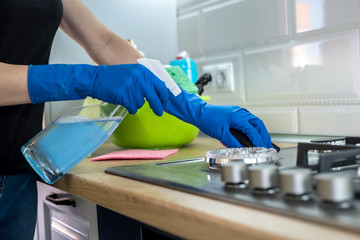
How is it really done?
Usually, it is started around the time when Christmas is over and the year-end and New Year’s vacations begin.
Companies sometimes do cleaning just before the year-end and New Year vacations.
Garbage collection is also closed during the year-end and New Year holidays, so garbage collection points at the end of the year become piles of garbage, a cruel sight.
However, many families do not do year-end cleaning because the year-end and New Year holidays in Japan are cold and busy. The end of the school and government fiscal year in Japan is in March. Therefore, March and the major holidays at the end of April are also popular times for spring cleaning.
👉Feel free to contact us if you have any questions.


